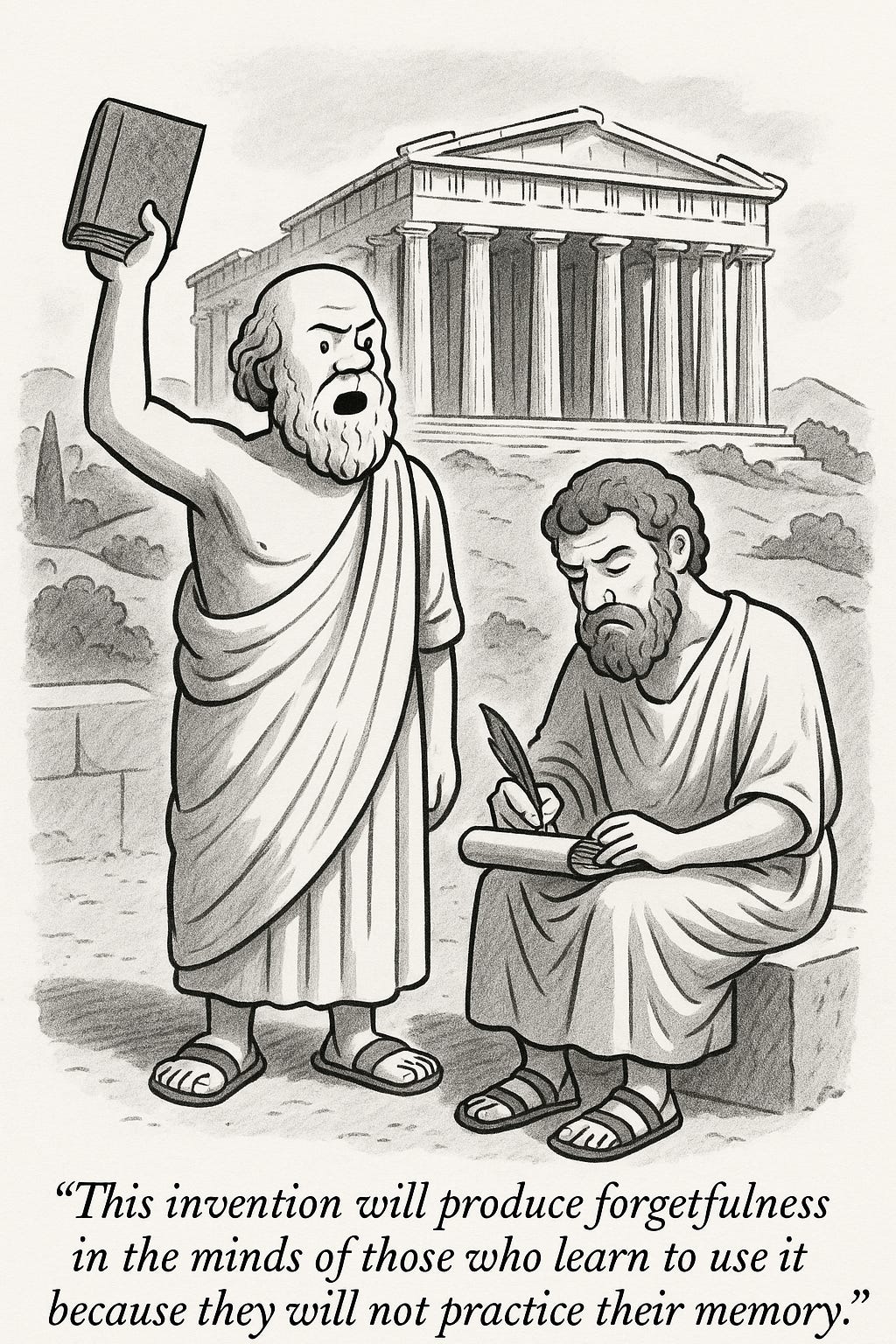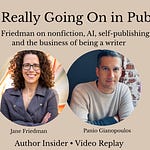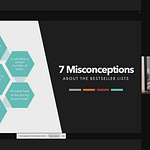I love books. I love the smell of them, the feel of them, the ridiculous jackets that crumple by the spine and tatter at the edges — the whole experience. And I truly believe that to read a book, especially in this moment in history, is a radical act of listening, focus, and meditation. I feel about books the way foodies feel about truffles, the way toddlers feel about bubble wrap.
But two of my three boys have no use for books. They really don’t see the point. They think video — YouTube — is a better format for communicating ideas. And these kids are really curious and engaged with the world. In fact, they're probably better informed than I am on a lot of topics.
So I find myself wondering: In the great stretch of human history, will the book as we know it prove to be historically specific?
There was a time, of course, before the book, a time that Socrates considered to be a better time. “This invention,” said Socrates, “will produce forgetfulness in the minds of those who learn to use it because they will not practice their memory.” We know this, of course, because his student Plato wrote it down.
The AI revolution is beginning to transform the way many people write books. AIs are becoming extensions of our minds as books were before them. If the computer is a bicycle for the mind, as Steve Jobs put it, AI is a motorcycle.
Where is our mind meld with AI headed? How will we write in future years? And how will we read?
I was delighted to discuss this with Steven Johnson, the celebrated writer and editorial director at Google Labs and NotebookLM, and Ethan Mollick, the Wharton professor who has emerged in the last year as perhaps the leading voice on how AI is changing the way we work.
Here are 10 of the biggest takeaways:
Listen to this episode with a 7-day free trial
Subscribe to Author Insider to listen to this post and get 7 days of free access to the full post archives.










